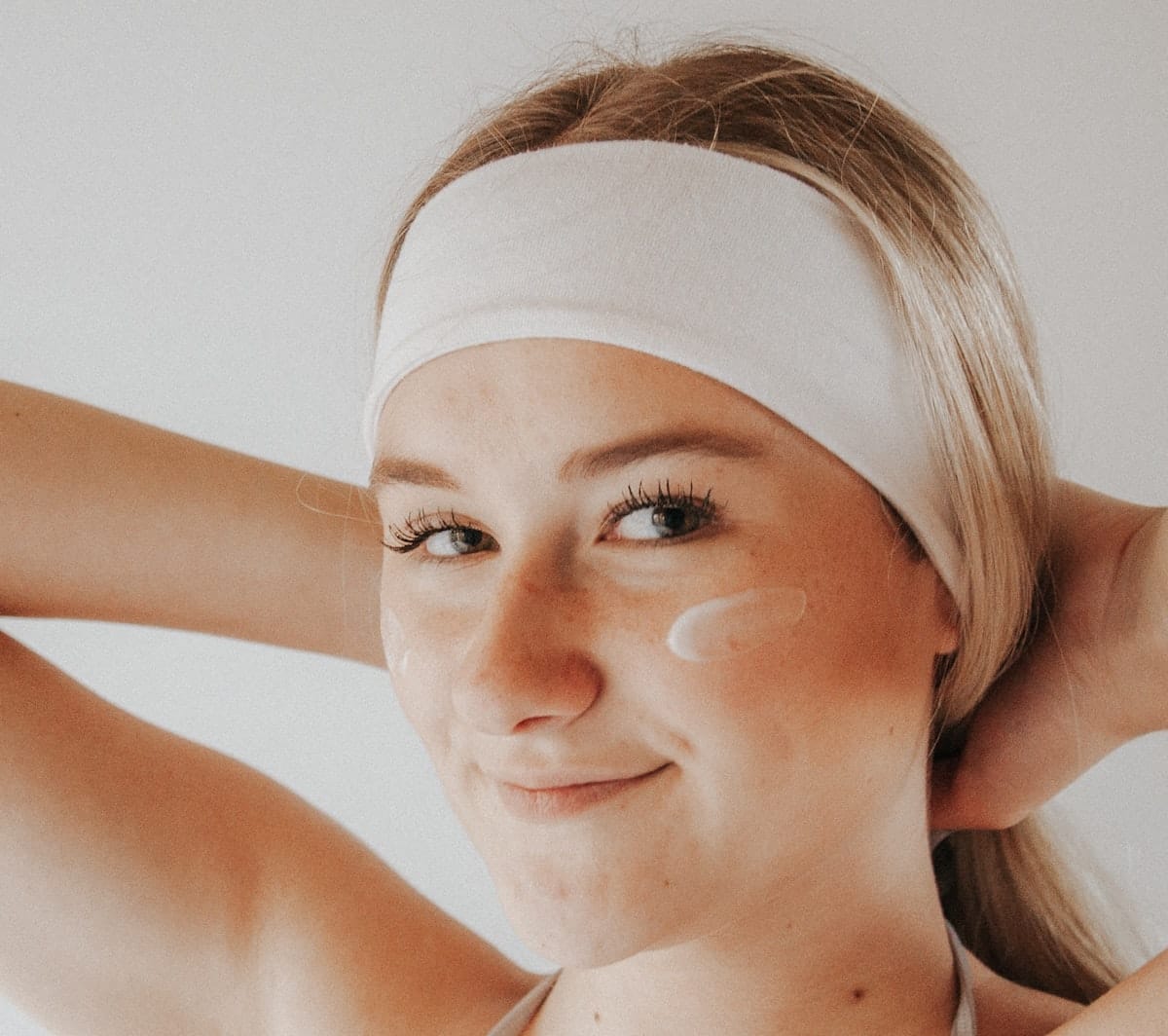Retinol and tretinoin are two of the most popular topical treatments for aging and acne-prone skin. Both are derivatives of vitamin A, but they differ in their strength and effectiveness. In this article, we’ll explore the differences between retinol and tretinoin and which one is better for your skin.
Retinol
Retinol is a milder form of vitamin A that is converted into retinoic acid in the skin. It is a popular ingredient in many over-the-counter skincare products and is known for its ability to improve the appearance of fine lines and wrinkles, as well as stimulate collagen production. Retinol is also effective in reducing hyperpigmentation and improving skin texture. Retinol and salicylic acid go together well, but not for sensitive skin.
One of the benefits of retinol is that it is less irritating than tretinoin, making it a good option for those with sensitive skin. However, because retinol is less potent, it may take longer to see results.
Tretinoin
Tretinoin is a prescription-strength retinoid that is more potent than retinol. It is the active ingredient in Retin-A, a topical medication used to treat acne and reduce the appearance of fine lines and wrinkles. Tretinoin works by increasing cell turnover, which helps to unclog pores and prevent breakouts. It also stimulates collagen production and reduces the appearance of hyperpigmentation.
While tretinoin is more effective than retinol, it can also be more irritating. Common side effects include redness, dryness, and peeling. Tretinoin should only be used under the guidance of a dermatologist, and it is important to start with a low concentration and gradually increase over time. Retinol and glycolic acid go together.
Which is Better for Your Skin: Retinol or Tretinoin?
The answer to this question depends on your skin type and concerns. If you have sensitive skin or are new to using vitamin A derivatives, retinol may be a better option. Retinol is also a good choice if you are looking for a milder, over-the-counter option to improve the appearance of fine lines and wrinkles.
If you have more advanced signs of aging or severe acne, tretinoin may be a better option. Tretinoin is more effective than retinol, but it should only be used under the guidance of a dermatologist. It is also important to note that tretinoin can make your skin more sensitive to the sun, so it is crucial to use a broad-spectrum sunscreen daily.
In conclusion, both retinol and tretinoin are effective ingredients for improving the appearance of fine lines and wrinkles, reducing hyperpigmentation, and managing acne-prone skin. Retinol is a milder, over-the-counter option that is less irritating, while tretinoin is a more potent prescription-strength retinoid that requires careful use under the guidance of a dermatologist. Consult with your skincare professional to determine which option is best for your skin type and concerns.


